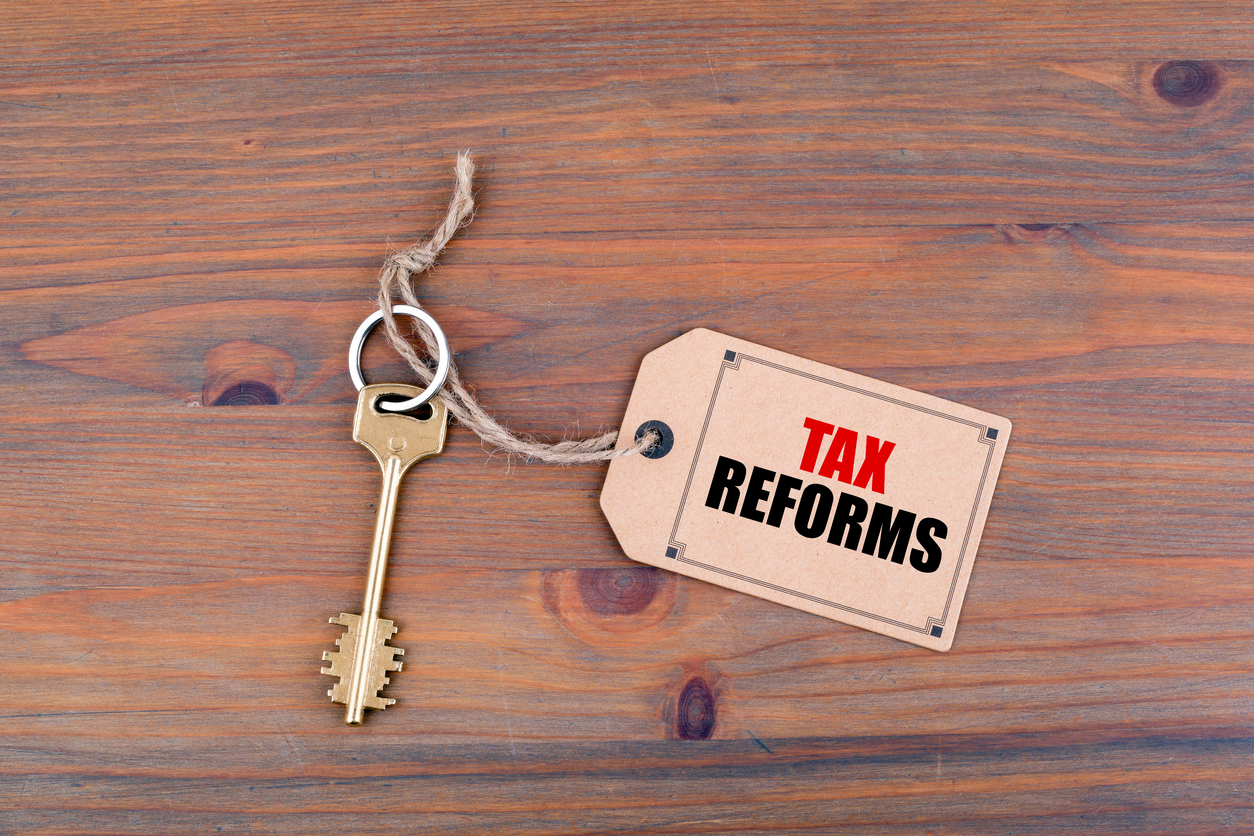
America’s most impactful tax reform bill was signed last December and took effect on January 2018.
Months after the law was enacted, many real estate investors are still unclear about whether the tax reform law will be a bane or boost their current and future investments.
As a real estate investor, you need to have a general understanding of the new tax law because it can help you save a lot of money.
Here are a few portions of the law that relates to real estate and how they can potentially affect you and your investments.
Top Corporate Tax Rate
The latest tax reform lowers the top corporate tax rate from 35 % to an across-the-board, flat rate of 21 %. This puts US firms on a level playing field as its global competitors, giving the former a better incentive to expand their operations within the US instead of growing their business abroad.
To those who have already moved offshore, the new tax rates are a great reason to relocate back to the United States. For real estate investors, this could mean an increase in demand for commercial and industrial properties.
Pass-Through Businesses
The tax law now provides a 20 % deduction for business income that falls under the ”pass-through” category, such as partnerships and limited liability companies.
This deduction affects real estate investment trusts (REITs) and other forms of real estate ownership. Combining this deduction with the top tax rate now adjusted down to 37 %, (from 39.6 %), investors can benefit from the 29.6% top marginal tax rate on business income. However, it should be noted that the 20 % deduction only applies to investors earning more than$157,500 (single filers) or $315,000 (for couples filing jointly).
1031 Exchange
Section 1031 is a provision in the tax code that allows an investor to sell a piece of property, reinvest the money in another property, and put off paying capital gains. Thus, the “1031 Exchange” allows investors to grow their investment and defer paying taxes until such time that they decide to sell for cash.
In the new tax law, the 1031 remains relatively intact, aside from the new exception that personal property will no longer be accepted as a tax deductible.
In the same manner, capital gains treatment for carried interest remains untouched, except that the holding period has been extended from one to three years. Carried interest is a special tax treatment that allows investors to pay lower taxes than most individuals.
Historic Preservation and Rehabilitation
The 20 % tax credit for certified historic structures remains in place, as long as developers claim it over a five-year period. However, there is no longer a 10 % tax credit for non-certified structures built before 1936.
Opting out of the Tax Reform
Real estate investors can choose to opt out of the tax reform, but it can result in longer depreciation periods that have a negative effect on overall return on investment.
Those who opt out of the tax reform will see depreciation periods extend from 27.5 to 30 years for residential real estate property and from 39 to 40 years for non-residential real estate property. Real estate businesses will have to weigh their options carefully and decide whether longer or shorter depreciation periods will save them more money.
Overall, the new tax reform poses a lot of benefits for the real estate industry. If you want to make the most of these potential advantages and invest in St. Louis Metro commercial real estate, Cardinal Realty Group can help.
Our experience in the marketplace includes industrial parks, undeveloped land, manufacturing plants, restaurants, retail space, and commercial office space, among others.
Let our services give you the competitive advantage you need to negotiate and manage risks. Browse the website to see what’s available. Call 636.225.0385 for inquiries or to discuss options on commercial real estate in St. Louis, MO. Or, you can email hal@cardinalrealtygroup.com.
